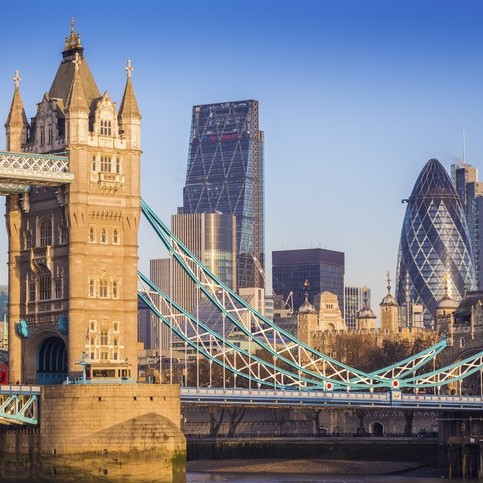
posted 10th September 2025
UK Economy Update: What’s Happening and What to Expect from the November Budget
The UK economy is showing signs of resilience, but challenges remain. Growth is steady but modest, prices are still high, and households continue to feel squeezed by the cost of living. With the Autumn Budget coming up on 26 November 2025, all eyes are on Chancellor Rachel Reeves to see how the government will balance the books while supporting families and businesses.
How is the Economy Doing Right Now?
• Growth: The economy grew by 0.3% between April and June 2025, slower than earlier in the year. Over the past 12 months, it has grown by 1.2%. Construction and services (such as IT, health, and communications) are doing well, but manufacturing and utilities have slowed.
• Inflation: Prices are still rising faster than many people would like. Inflation stood at 3.8% in July, with food prices climbing nearly 5%. This means everyday essentials remain expensive, even though inflation has come down from the highs of recent years.
• Cost of Living: The squeeze continues. More than 1 million households are behind on their energy bills, owing on average £1,600 for electricity and £1,400 for gas. Rising bills are forcing many families to cut back.
• Markets and Sterling: The pound is holding steady, supported by expectations that the Bank of England will keep interest rates around 3.75% for now. Investors are waiting to see what happens in the November Budget.
What’s the Outlook for 2025?
• Growth is expected to remain modest at around 1.2–1.3% for the year.
• Inflation should gradually ease but stay higher than the government would like.
• Rising government borrowing costs mean the Treasury faces tough choices on tax and spending.
The Autumn Budget – 26 November 2025
The Budget will be one of the most important in years. The government faces a £20bn plus gap in the public finances and will need to find new revenue while keeping the economy on track.
Likely Measures
• Tax rises are widely expected. Banks and financial institutions could face new levies, and there may be changes to ISAs, pensions, and National Insurance on retirement income.
• Support for households struggling with energy bills and living costs may be announced.
• Business policy: Labour has set up a new “Budget board” to improve relations with industry and encourage long-term investment.
My View on What’s Needed
1. Careful Tax Rises – Increases are inevitable, but they must be fair and designed to protect growth.
2. Help for Families – With so many struggling with bills, targeted support will be essential.
3. Backing Key Sectors – Recent setbacks, such as Merck cancelling its £1bn research centre, show the UK must do more to keep investment in science and innovation.
4. Long-Term Growth – Simplifying regulation, improving infrastructure, and investing in skills should be part of the package to build confidence.
Final Thoughts
The UK economy is growing, but only just. Inflation and living costs are still biting, and government finances are under pressure. The November Budget is a chance for the new government to show it can balance responsibility with fairness—closing the fiscal gap while helping families and businesses through tough times.
If handled well, it could set the tone for a more stable and confident economic outlook in 2026.

